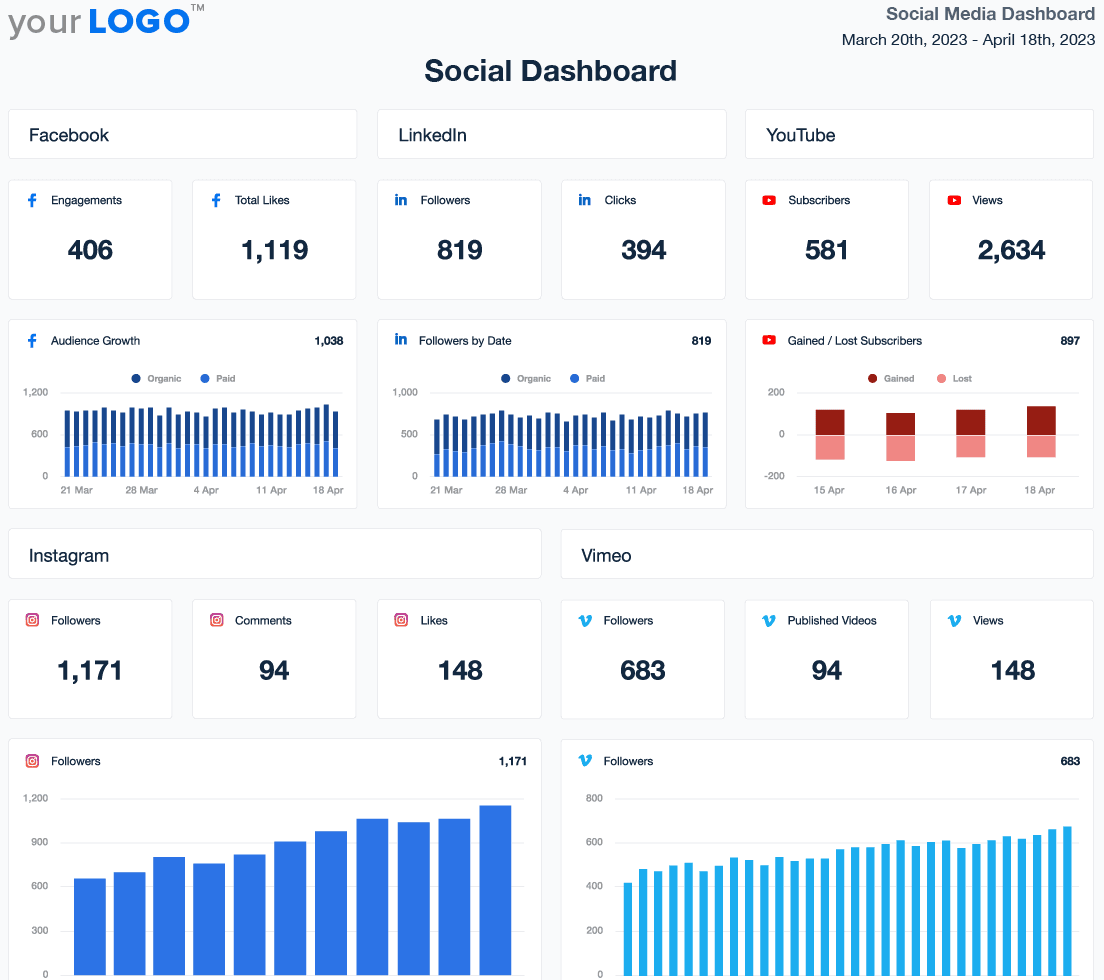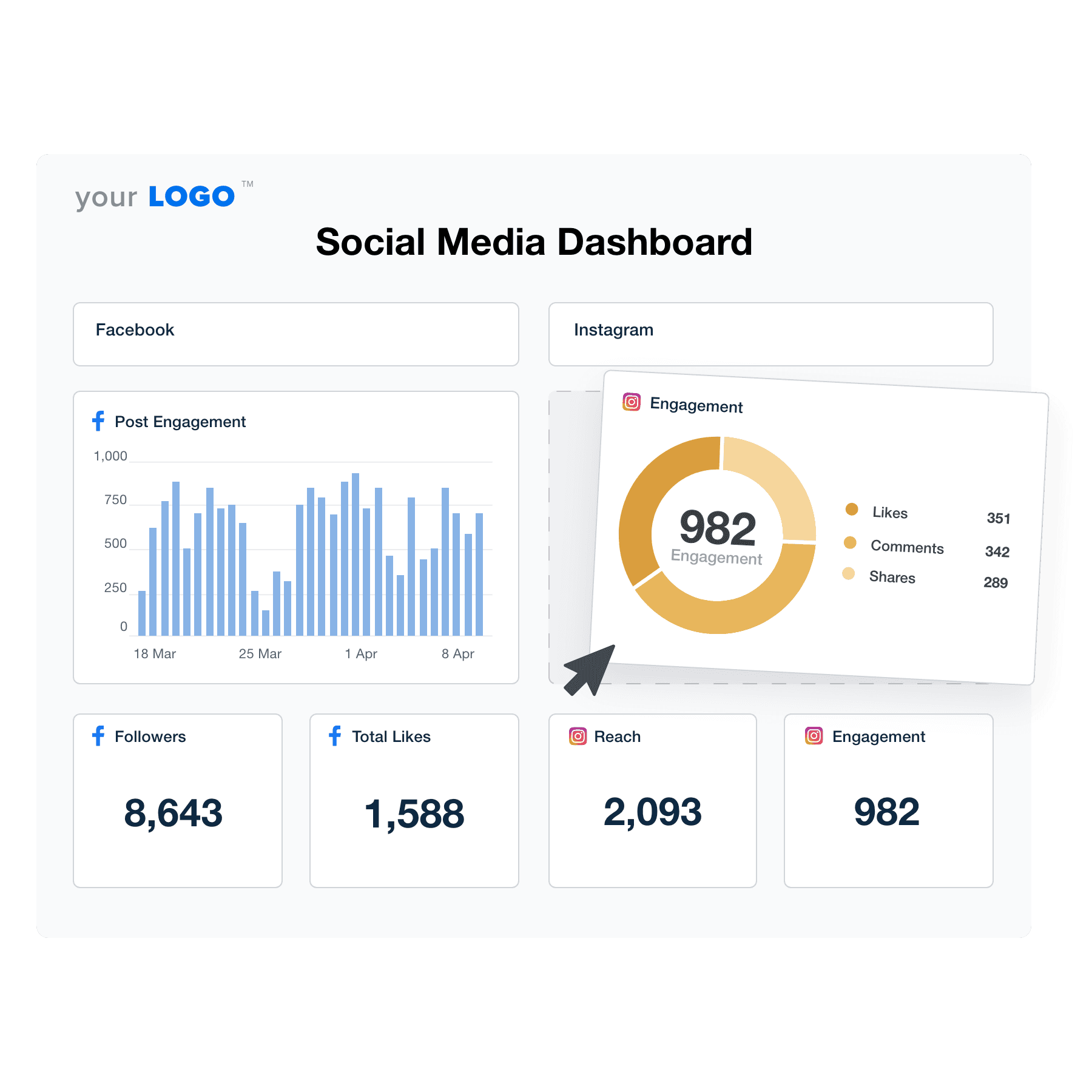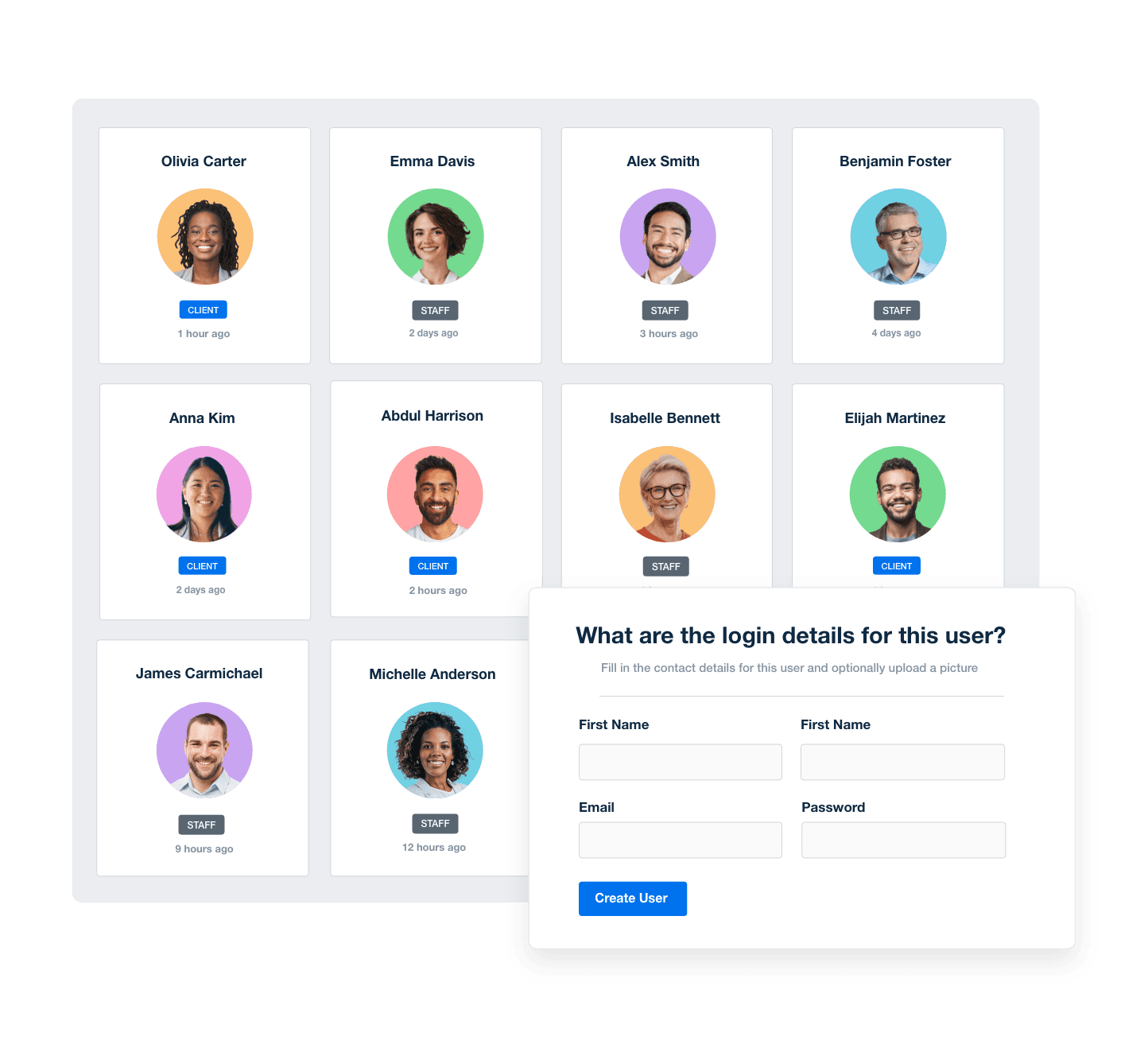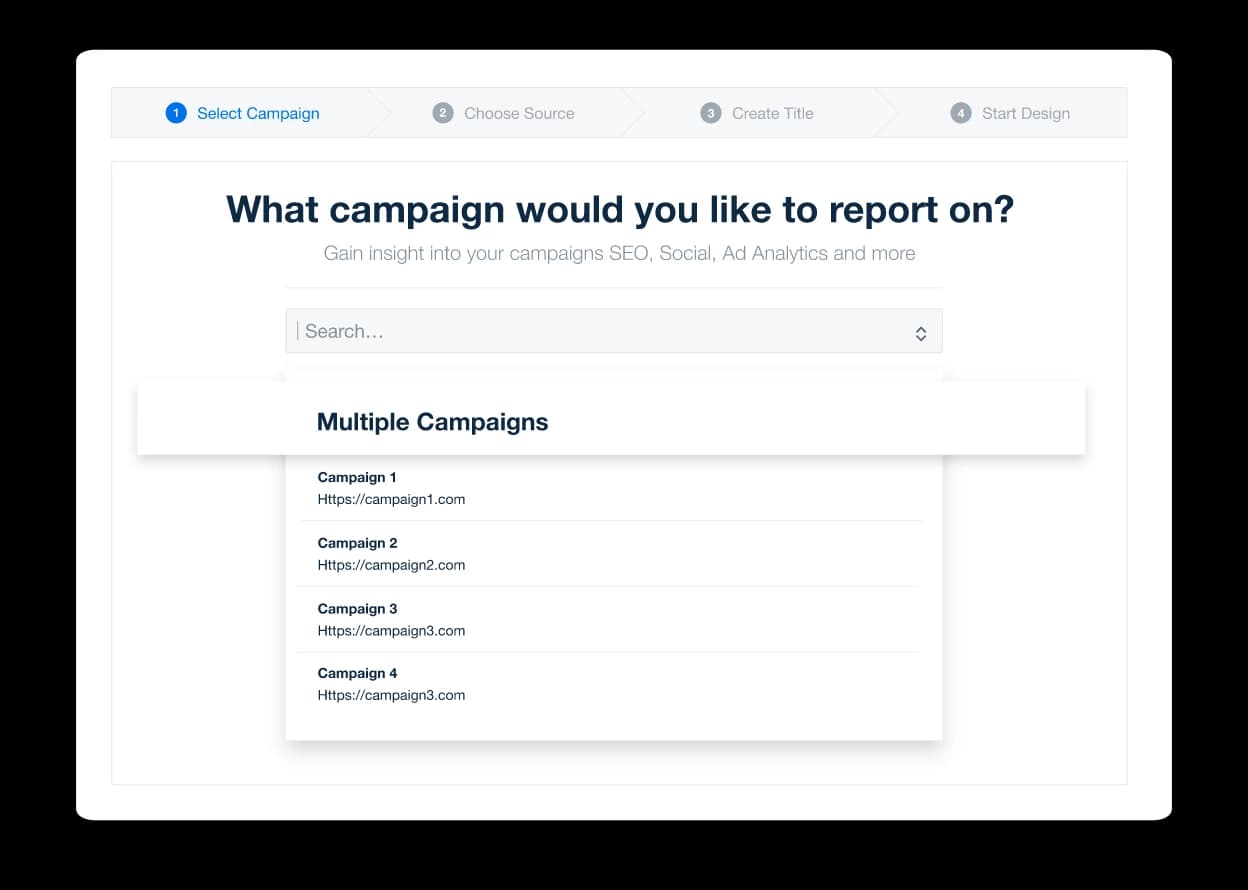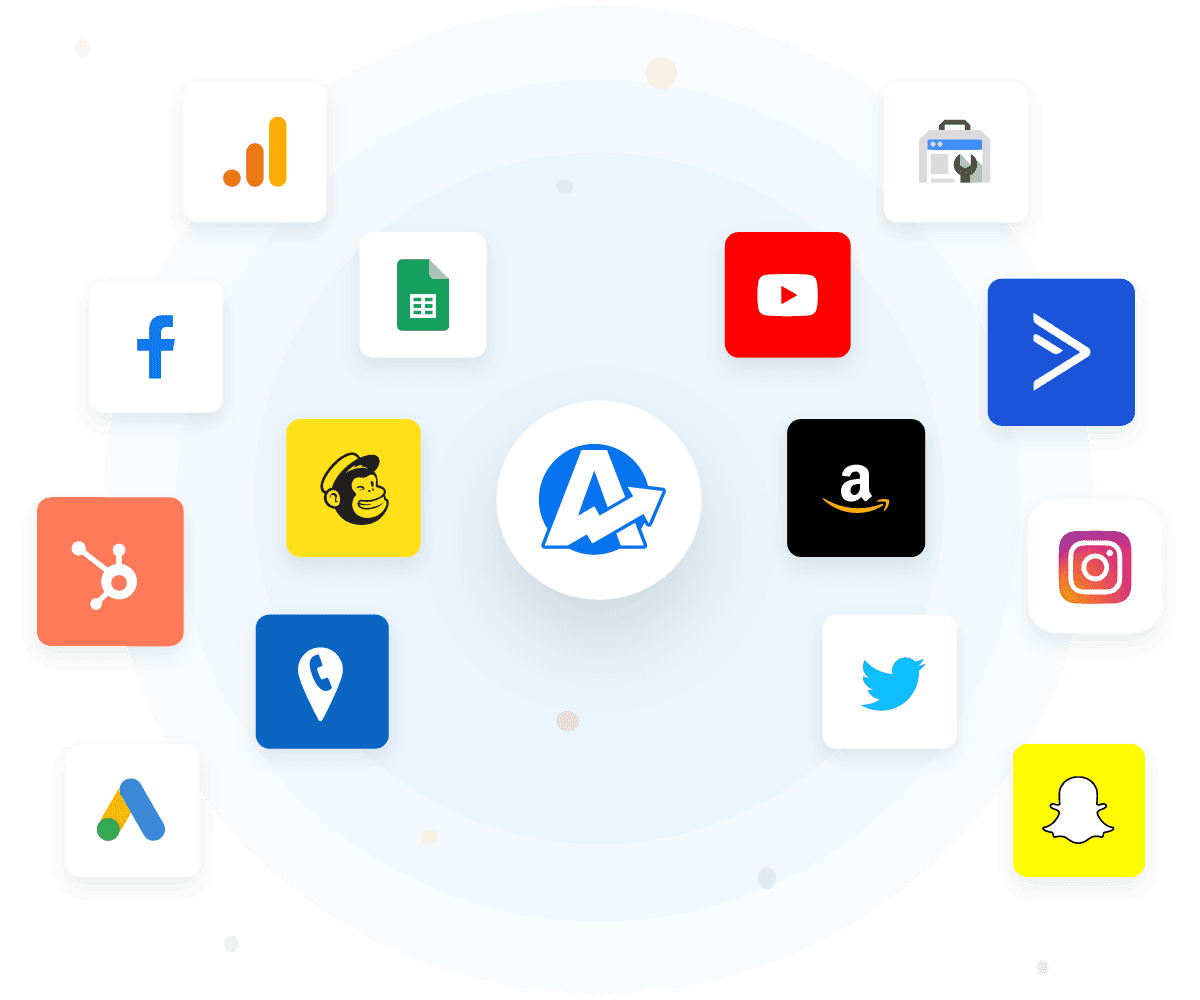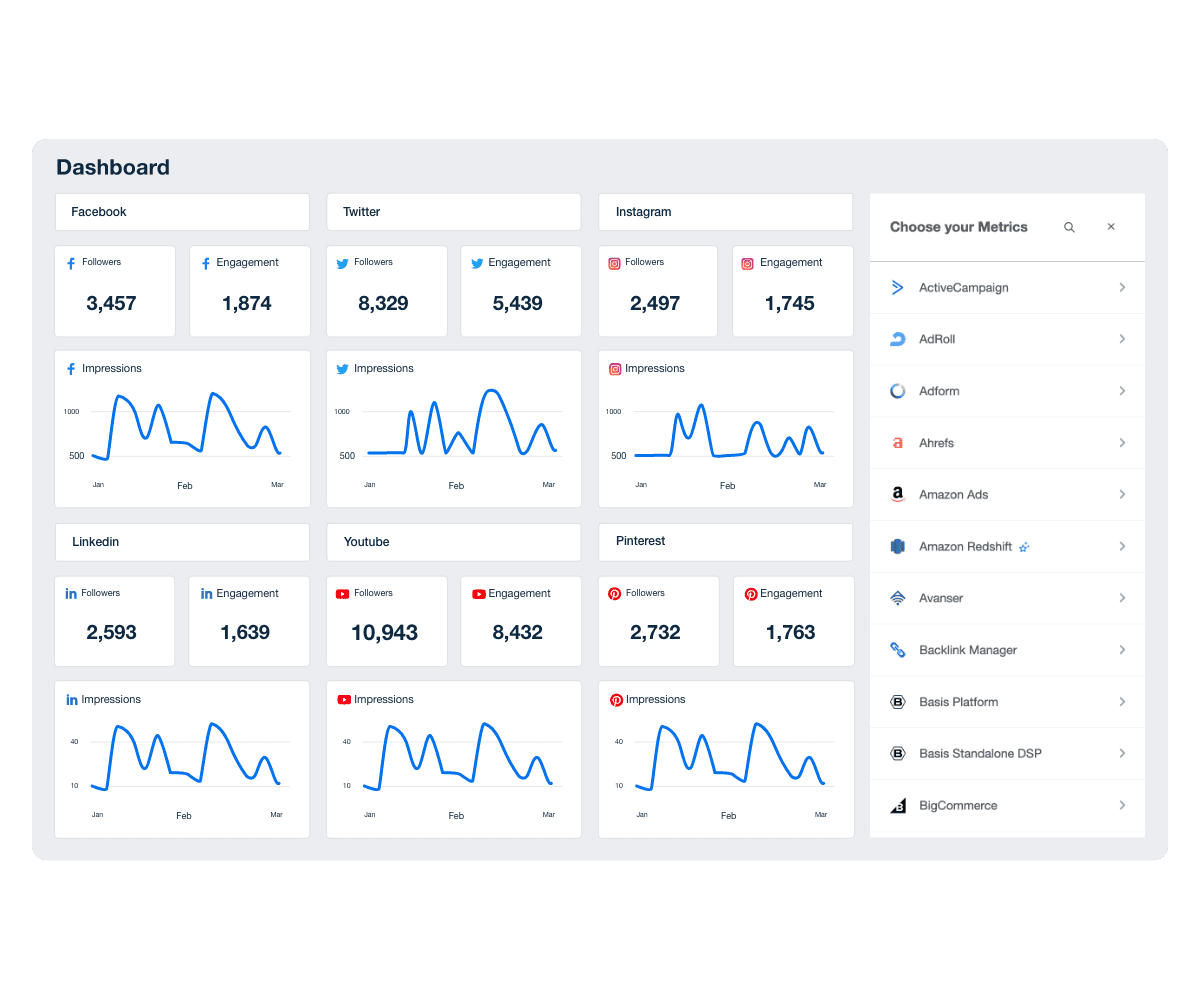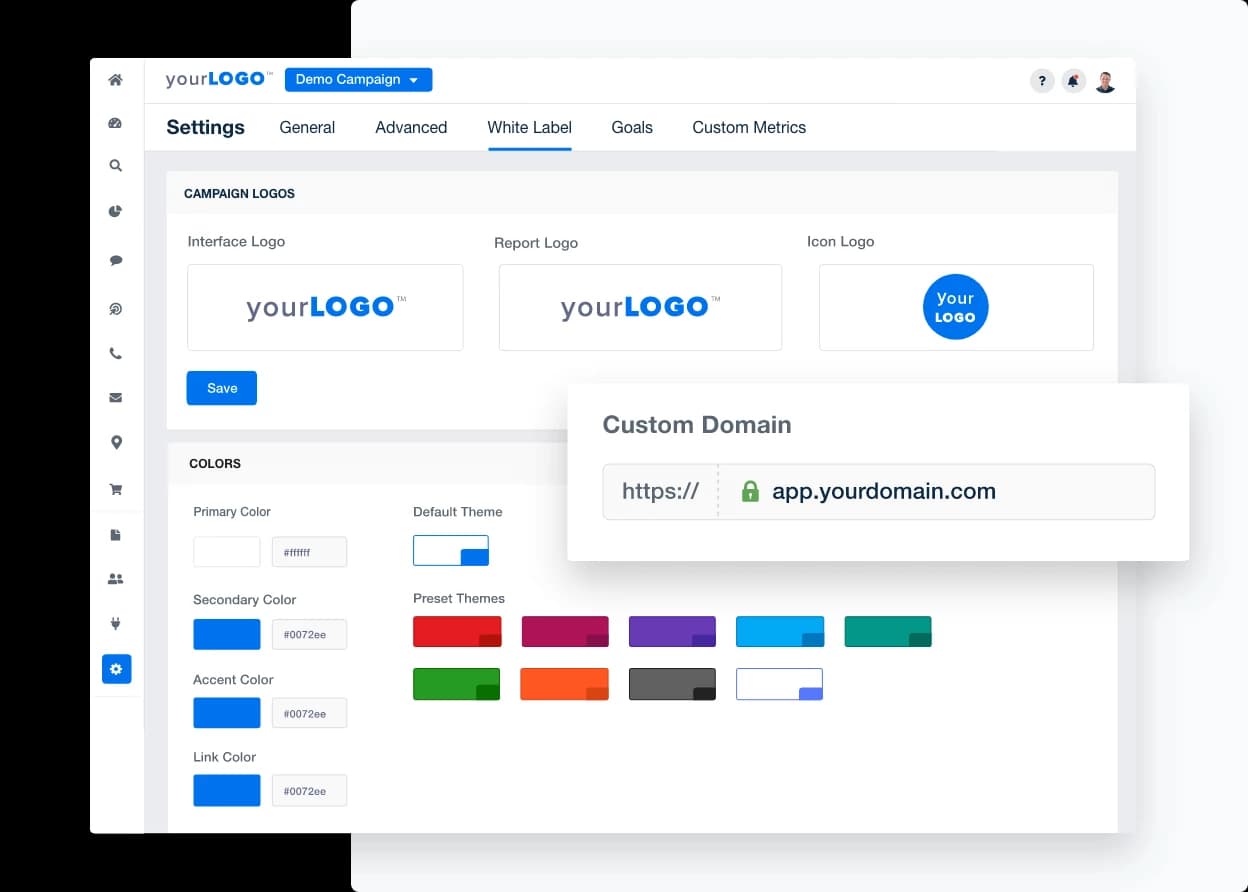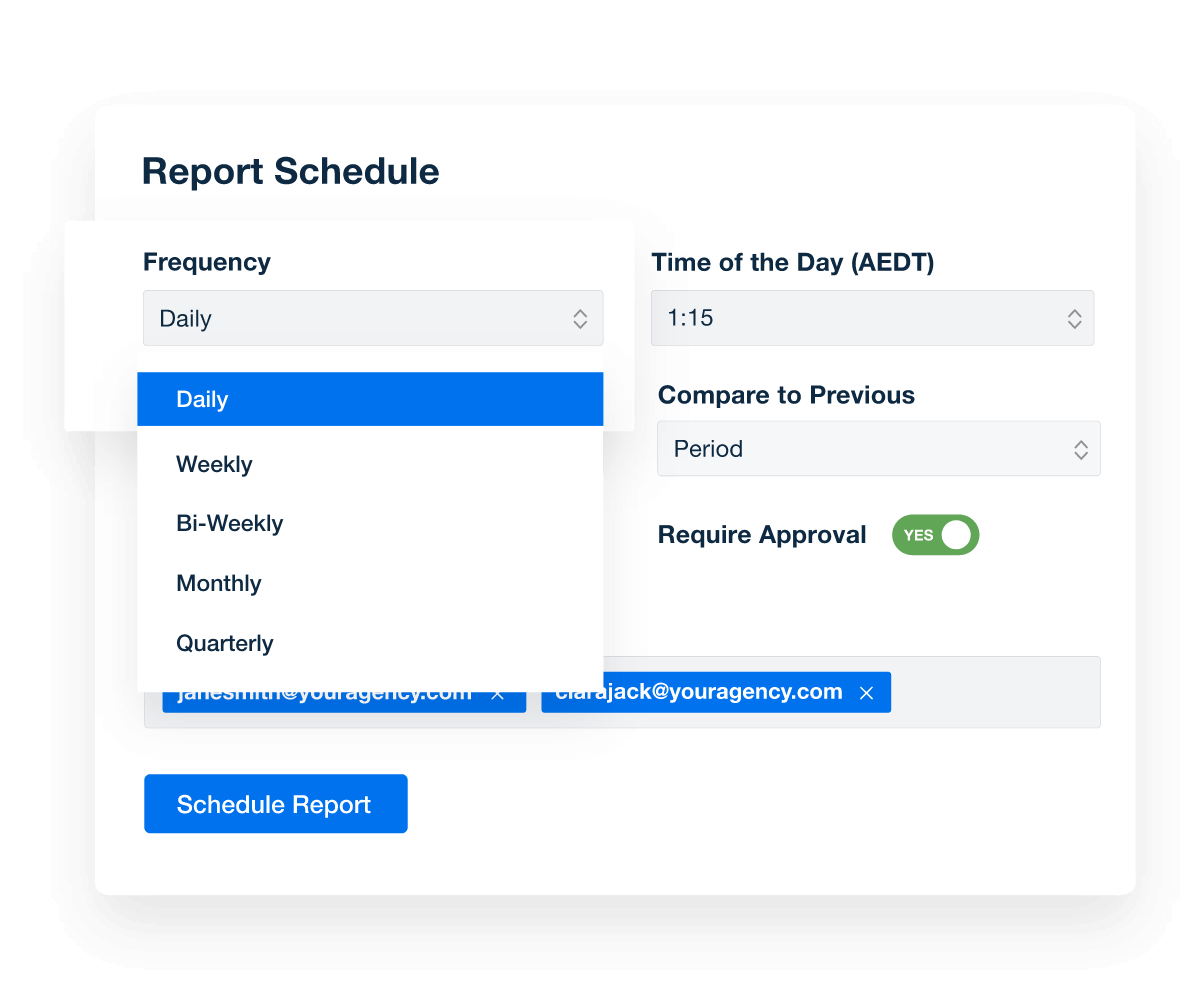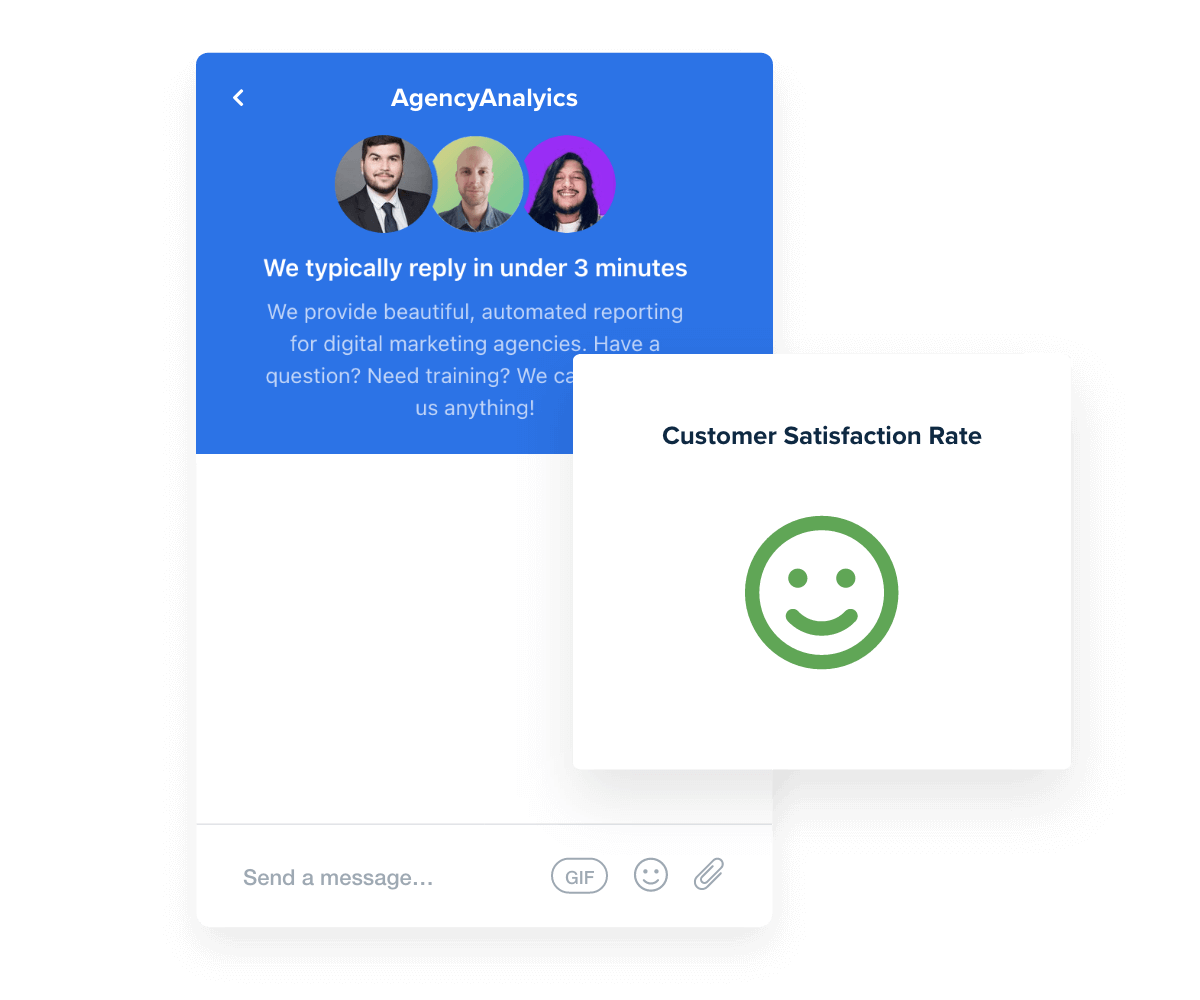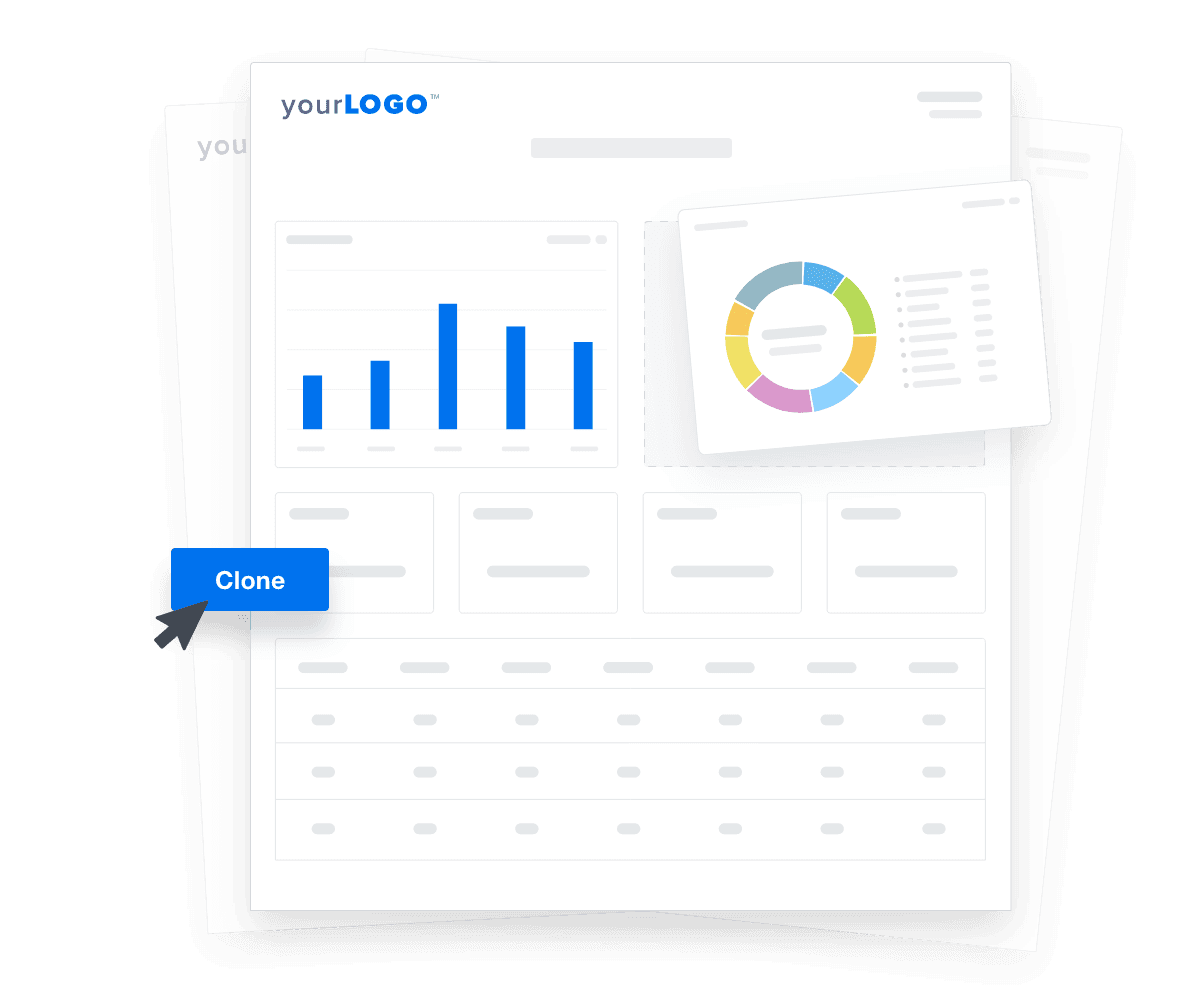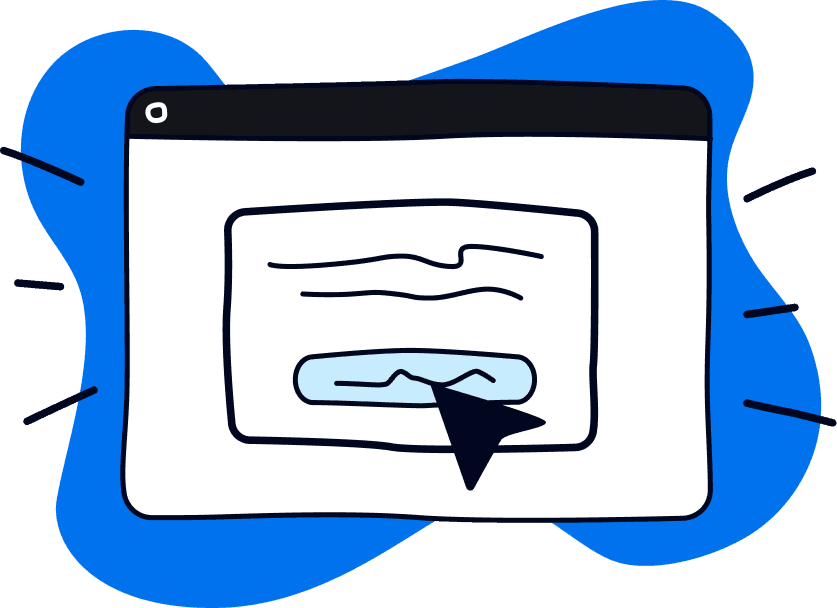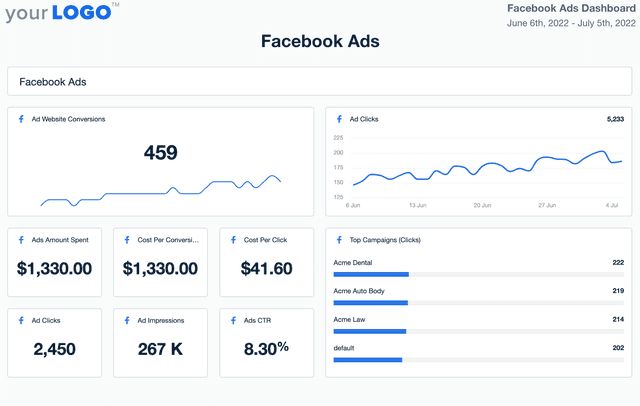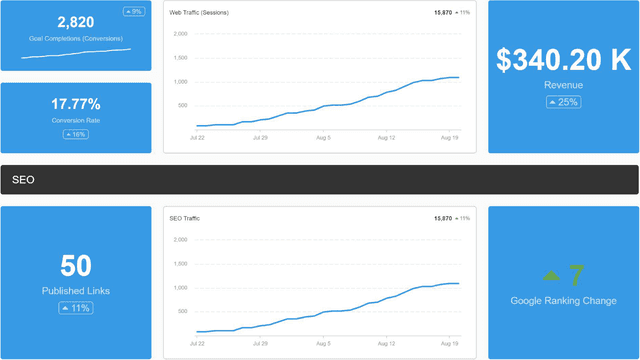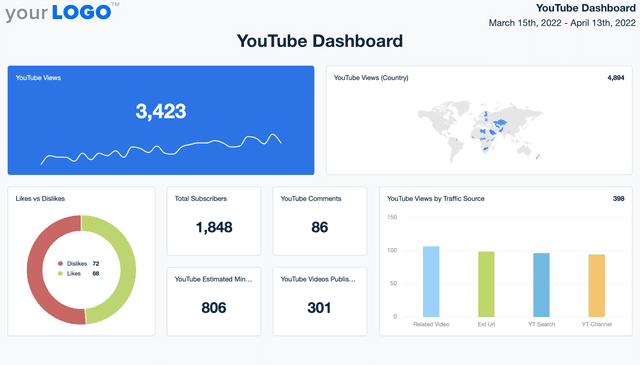Social Media Analytics Dashboard for Multi-Platform Insights
Automate Your Client Reporting with a Social Media Dashboard
Customizable Social Media Dashboard for Smarter Campaign Insights
Managing multiple social media channels doesn't have to be a reporting nightmare. A white label social media dashboard consolidates performance metrics from every platform your clients use. Tailor each dashboard to focus on what matters—whether that’s Instagram engagement, Facebook ad performance, or YouTube views.
Customize the layout, apply your agency’s branding, and skip the manual reporting. Live data gives clients visibility into campaign performance while your team focuses on optimizing strategies across channels.
Custom Social Media Dashboards as Unique as Your Agency
Improve Your Workflow & Give Clients What They Want
Key features such as granular user permissions give agency owners and managers complete control. Assign staff members to clients and create one-off or recurring tasks for each campaign. Give your more involved clients their own login to real-time social media analytics tools they can access at any time.
Centralize Your Marketing Insights with 80+ Integrations
Access over 80 marketing platform integrations and data points in one centralized location. This streamlined approach ensures your agency has all the critical data needed for comprehensive analysis and strategic decision-making.
Simplify reporting, enhance insights, and deliver exceptional results for your clients with a unified view of all your marketing metrics.
Automated Client Reports Ready in Minutes
It’s time to say goodbye to creating tedious manual reports. Spend less time fiddling with spreadsheets and more time scaling your business. The easy-to-use client reporting platform is built for busy marketing agencies. Choose from dozens of report templates and schedule your client reports in an instant.
Round-the-Clock Customer Support
Our live chat is on standby 24/5 with under 3-minute response times, ready to tackle any query swiftly. With a satisfaction rate consistently above 95%, our support team excels in guiding you through creating social media dashboards and more, ensuring your agency delivers exceptional services to clients.
You care about your client’s success. We care about yours.
Streamline Reporting and Focus On What Matters
Save time every month by automatically integrating the most critical social media data from over 80 other sources into one platform.
Pull in key metrics from Facebook, Instagram, LinkedIn, TikTok, and more to provide clients with a comprehensive view of their social media performance.
Customize each analytics dashboard and quickly clone them to accelerate client onboarding.
10 Sections To Include in a Client’s Social Media Dashboard Template
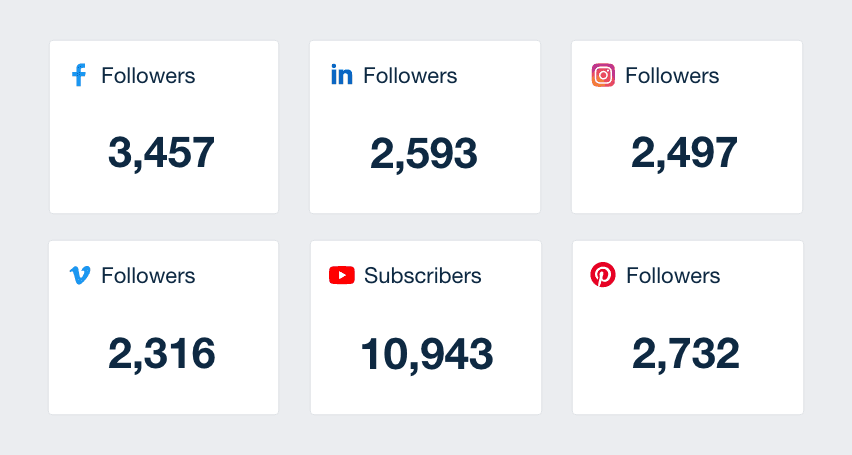

FAQs About Social Media Analytics Dashboards
Still have questions about how to create and use custom Social Media Analytics Dashboards? Don’t worry, we’ve got you covered.
A Social Media Dashboard is a centralized hub that displays real-time metrics from different platforms like Facebook, Instagram, LinkedIn, and X (formerly Twitter). It gives social media marketers and their teams a clear overview of social media activity, helping them easily track engagement rate, follower growth, and overall performance. A well-built social media analytics dashboard makes it easier for agencies and social media managers analyze data across multiple campaigns, uncover valuable insights, and adjust strategies.
To build a white label Social Media Dashboard, start by selecting a reporting platform like AgencyAnalytics that supports customizable, client-ready dashboards. Choose your integrations to connect your client's social media accounts on different platforms, then tailor widgets, metrics, and branding to match your agency or client. These social media dashboard tools let your team create a user-friendly and comprehensive dashboard that aligns with your client’s social media goals and marketing strategy.
Agencies should track common social media metrics like engagement rate, follower growth, post reach, and conversion rates. A robust social media marketing dashboard also includes Google Analytics data to connect social performance to website traffic. Tracking these metrics helps social media teams deliver actionable insights and improve their social strategy for better client results.
A Social Media Dashboard makes it easy to combine metrics from different platforms into a single, clear overview. Social media teams build custom reports faster, reduce manual work, and share up-to-date results. The dashboard supports better marketing campaigns by highlighting valuable insights and helping clients focus on what moves the needle.
Use a Social Media Dashboard to track how social media campaigns perform across channels and platforms. Spot top-performing content, identify weak points, and pivot fast using fresh metrics. Deliver high-impact, actionable insights to refine advertising campaigns, improve targeting, and boost social media goals.
Convert dashboards into client-facing reports by selecting the key metrics and visualizations your client needs. Add social media dashboard displays, customize layouts, and include fresh social data that supports campaign results. Or, simply use the customizable social media report template to create professional client reports in minutes. Use those reports to clarify impact, maintain transparency, and improve communication.
Yes. Choose which metrics to display, adjust the layout, and add integrations that match client needs. Social media teams tailor the dashboard to highlight social presence, campaign performance, and social media goals. From Instagram followers to Google Analytics, customization makes it easy to deliver a clear overview of progress.
Marketing agencies use social media dashboards to monitor social posts, evaluate influencer marketing impact, and manage performance across different platforms. A social media team might build a comprehensive dashboard to review engagement rate, track overall engagement, and refine social media strategies based on high-level overview data.
The Social Media Dashboard comes included with every AgencyAnalytics subscription—no extra cost required. Whether you're managing one client or fifty, start using it right away to track performance and streamline reporting. Not a customer yet? Start your free trial and explore everything the dashboard has to offer.
While agencies rely on a variety of dashboards, including the social media dashboard, many also use the SEO monitoring dashboard to track search visibility, the PPC reporting dashboard for ad spend insights, and the digital marketing reporting dashboards to present multi-channel performance. Website behavior is often tracked using the web analytics dashboards to show visitor engagement and conversions.
See how 7,000+ marketing agencies help clients win
Free 14-day trial. No credit card required.


